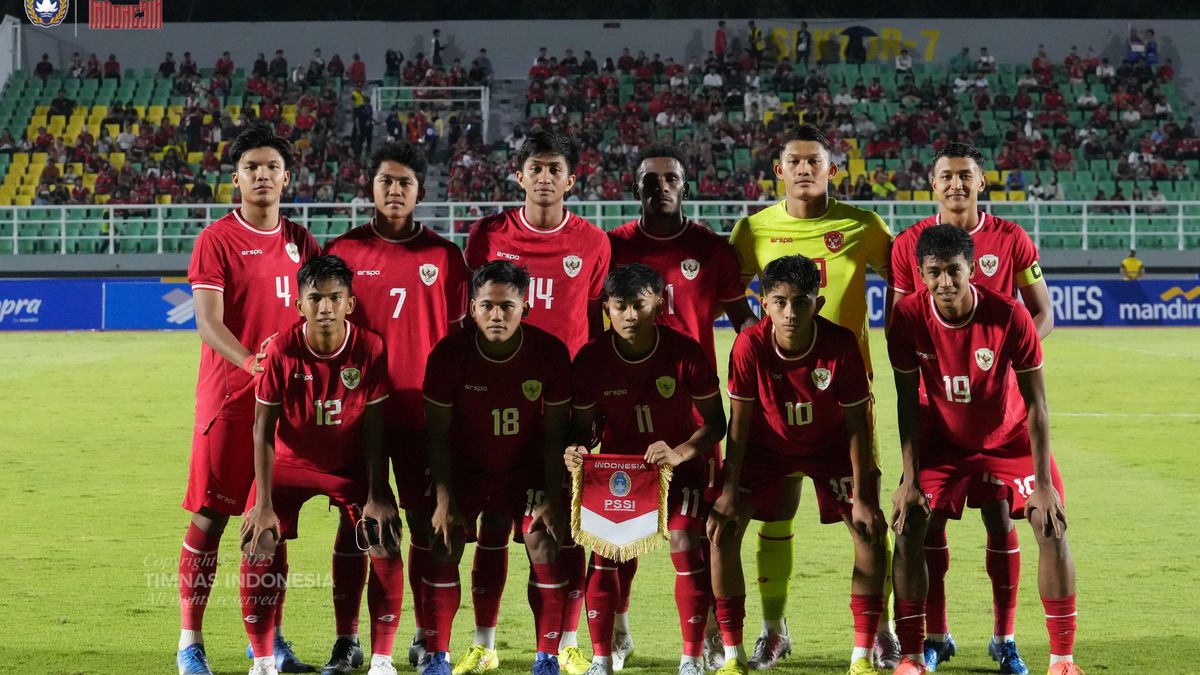Yemen's Civil War: The Exploitation Of Child Drivers

Table of Contents
The Dire Circumstances Fueling Child Labor as Drivers
The devastating conflict in Yemen has created a perfect storm for the exploitation of children, forcing them into dangerous roles like driving. Many factors contribute to this heartbreaking reality.
Poverty and Economic Hardship
The war has decimated Yemen's economy, leaving millions impoverished and desperate. Families are pushed to the brink of survival, facing impossible choices to keep their children alive. For many, sending their children to work, even in dangerous roles like driving, becomes a grim necessity.
- Widespread unemployment among adults: The lack of job opportunities leaves families with no alternative income source.
- Lack of social safety nets: The already weak social safety net has been completely overwhelmed by the crisis, leaving vulnerable families with no support.
- Families forced to make impossible choices for survival: The desperation to provide food and shelter often trumps concerns for children's safety and well-being.
- The vulnerability of children in impoverished households: Children from poor families are disproportionately affected, becoming easy targets for exploitation.
Orphaned and Vulnerable Children
The conflict has orphaned and displaced countless children, leaving them incredibly vulnerable to exploitation. These children, often unaccompanied and lacking family support, are easily drawn into dangerous work, including driving.
- Lack of access to education and support systems: The destruction of schools and the breakdown of social services leave these children with no safety net.
- Increased risk of trafficking and abuse: Orphaned children are particularly vulnerable to traffickers who exploit their vulnerability for profit.
- The devastating impact of losing family and support structures: The trauma of losing family and support networks exacerbates their vulnerability.
- The ease with which traffickers can exploit vulnerable children: Traffickers prey on these children's desperation, offering false promises of work and security.
The Dangers Faced by Child Drivers in Yemen
Driving in Yemen's war-torn landscape is exceptionally dangerous, even for adults. For children, the risks are exponentially higher.
Physical Risks
Children operating heavy vehicles without proper training or licensing face immense physical dangers. The lack of infrastructure and the ongoing conflict significantly increase their risk of accidents and injury.
- Poor road conditions and lack of infrastructure: Damaged roads, lack of signage, and inadequate infrastructure increase the likelihood of accidents.
- Exposure to conflict zones and active fighting: Children driving in conflict zones risk injury or death from fighting or shelling.
- Lack of safety equipment and training: Children often lack safety equipment and essential driving skills, making accidents more likely.
- High risk of vehicle malfunctions and breakdowns: Poor vehicle maintenance and a lack of spare parts increase the risk of breakdowns in hazardous locations.
Psychological Trauma
The constant exposure to violence, the stress of working in dangerous conditions, and witnessing horrific events inflict significant psychological trauma on child drivers.
- PTSD and other mental health issues: The trauma experienced can lead to Post-Traumatic Stress Disorder (PTSD) and other debilitating mental health problems.
- Difficulty coping with the trauma experienced: Children may struggle to process and cope with the trauma they have endured.
- Long-term psychological consequences: The effects of this trauma can have long-lasting impacts on their mental and emotional well-being.
- The need for specialized mental health support: These children require specialized mental health services to address their trauma and support their recovery.
International Response and Efforts to Combat Child Driver Exploitation
Addressing the exploitation of child drivers in Yemen requires a concerted international effort. Several organizations and initiatives are working towards this goal.
Humanitarian Aid Organizations
Organizations like UNICEF and others play a crucial role in providing aid and advocating for child protection. Their efforts are essential to mitigating the immediate suffering and preventing further exploitation.
- Provision of food, water, and shelter: Basic humanitarian aid helps to alleviate the immediate needs of vulnerable families.
- Educational programs and vocational training: Education and skills training offer children pathways out of exploitation.
- Efforts to reunite children with families: Reuniting children with their families whenever possible provides them with a crucial support system.
- Advocacy for stronger child protection laws: Advocacy for improved child protection laws is crucial to safeguard children's rights.
International Pressure and Sanctions
International pressure and targeted sanctions against those responsible for human rights abuses are crucial for accountability and to deter future exploitation.
- Accountability for perpetrators: Those responsible for exploiting children must be held accountable for their actions.
- Increased funding for humanitarian efforts: Increased funding is needed to support humanitarian organizations working to address the crisis.
- International monitoring and reporting: International monitoring and reporting mechanisms are necessary to track progress and ensure accountability.
- Enforcement of international child labor laws: Stronger enforcement of international laws prohibiting child labor is essential.
Conclusion
The exploitation of child drivers in Yemen is a tragic consequence of the ongoing civil war. Addressing this requires a multi-pronged approach combining humanitarian aid, international pressure, and long-term solutions focused on poverty reduction, education, and child protection. We must raise awareness of the plight of these children and demand an end to this abuse. By supporting organizations working on the ground and advocating for stronger international action, we can help create a safer future for these vulnerable young people. Let's work together to end the exploitation of child drivers in Yemen and provide these children with the hope and support they desperately need.

Featured Posts
-
 Demi Moores Daughters Cryptic Comment On Ashton Kutcher Backfires
May 06, 2025
Demi Moores Daughters Cryptic Comment On Ashton Kutcher Backfires
May 06, 2025 -
 White Lotus Patrik Svarceneger O Izazovima Slavnog Prezimena
May 06, 2025
White Lotus Patrik Svarceneger O Izazovima Slavnog Prezimena
May 06, 2025 -
 Garuda Nusantara Raih Posisi 3 Laporan Pertandingan Indonesia Vs Yaman 0 0
May 06, 2025
Garuda Nusantara Raih Posisi 3 Laporan Pertandingan Indonesia Vs Yaman 0 0
May 06, 2025 -
 Panduan Lengkap Mengenali Keaslian Batu Yaman Habasyi
May 06, 2025
Panduan Lengkap Mengenali Keaslian Batu Yaman Habasyi
May 06, 2025 -
 San Antonio Spurs Popovichs Absence And The Path Forward
May 06, 2025
San Antonio Spurs Popovichs Absence And The Path Forward
May 06, 2025
